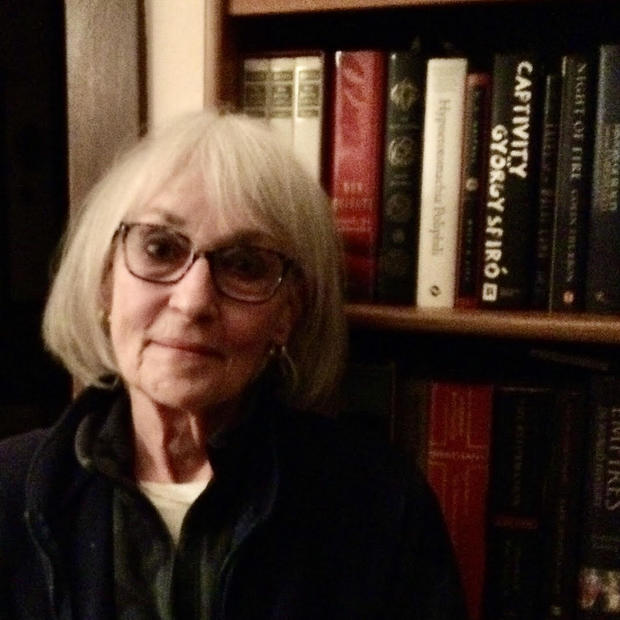Danny Westneat got some grief for his Seattle Times column yesterday about the empty beds in some of the city’s shelters the past few nights. All shelters were full during last year’s spells of bitter cold, leading him to wonder whether this year the number of homeless people in the city might have declined. Although Westneat was careful to say that “Homelessness is hardly ended in Seattle,” emails ridiculing the columnist were sent to various news outlets in the Puget Sound region, and an anxious forward from a homeless advocacy group concerned about the impact of the column arrived in my emailbox early today.
Beatrice Friberg, member of the Nickelsville Central Committee and sender of the mass email, told me in a phone conversation this morning that the column headline, “Homeless Count Down,” was what provoked a sense of injury. But even a fairly modest good-news speculation such as Westneat’s (“Maybe … the Ten Year Plan to End Homelessness is actually working”) can vex homeless people and their advocates. Such statements might make readers forget how much remains to be done, and support for homeless causes might dwindle.
Al Poole, division director for Homeless Intervention at Seattle Human Services, sees optimistic public statements differently. During a conversation at his office yesterday he told me, “Small victories engage people. News that we may be improving things leads us to do more, leads people to get involved. Why get involved in a hopeless situation?”
Poole is quoted in Westneat’s column as speculating that some homeless people may have left Seattle’s sluggish economy to seek jobs elsewhere. “A few places in the South have factories opening,” he told me.
If the number of homeless people in Seattle diminishes long-term, Poole would like any funds made available devoted to building a different service model — 24-hour shelters in which each person has a separate carrel, “a permanent address and a place where they can keep their stuff.” Residents would have responsibilities. “They’d pay rent, even if they can only afford 50 cents. They’d help with housekeeping and might be required to start a bank account. For many homeless people the barrier to moving into permanent housing is no housing history. By staying in a 24-hour shelter for a year and a half, and fulfilling their responsibilities, they’d have that.”
Homeless people are gripped by more immediate concerns. According to an article in Real Change News, 14 homeless people died in fewer than three months this spring and summer, two by suicide, and the winter toll is always higher. A friend at one of the tent cities told me that there have been nine suicides by homeless people so far this year. If the rhetoric of homeless activists and advocates is sometimes raw and polarizing, it’s also true that anger and fear don’t yield balanced strategic plans. Patience grows numb right along with faces, feet, and fingers.

